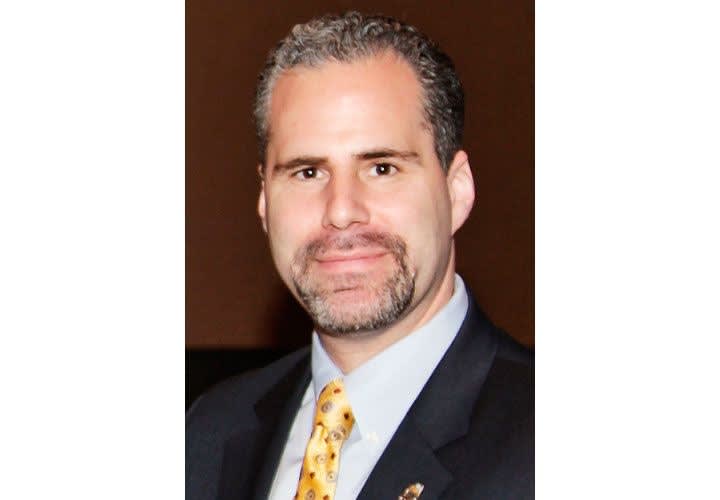As we moved into the holiday season, Congress opted once again to play Scrooge and targeted the wallets and pensions of federal law enforcement officers. Legislators continue to introduce bills that seek to reduce or eliminate federal officer pensions, all for their alleged cause of preserving and protecting the freedoms for the next generation of Americans. Somehow, they forget we're Americans, too.
Perhaps even more troubling is the congressional inclination to sell out the next generation of law enforcement officers. Before going into recess, the House passed the budget committee's recommendation to increase the amount new government employees have to pay into their pensions beginning this month.
Twice in 2013 the House passed legislation raising the pension contributions for new hires. Somehow, Congress thinks the answer to its spending problems is to minimize federal employee retirement benefits.
During the recent government shutdown, more than 1,000 law enforcement officers from the Inspector General agencies were furloughed, in addition to special agents with the IRS Criminal Investigation Division. It is ironic that this is the same group that investigates the vast amount of fraud that is committed against our government's programs, yet somehow they were all deemed non-essential.
Congress allocated more than $24 billion in foreign aid in 2013, which was presumably more important than paying the salaries of American officers. Perhaps we should drug test the legislature.
Soon we'll all be getting our IRS 1040 publication. Take a look on the back page at the pie chart that illustrates how the federal government spends its tax revenues. You'll see the sliver that represents the government's cost for paying federal employees. If you take this approximate 2% piece of the spending pie and reduce it by two-thirds that's what federal law enforcement costs. What this sliver doesn't illustrate is the money federal officers bring in via forfeitures, recoveries, and fines. The average federal officer brings in at least four times his or her salary.
Another significant budget item lost in that pie chart is the funding for COPS programs. State and local law enforcement agencies rely on this critical funding. By significantly reducing or eliminating COPS funds, Congress has impeded state and local law enforcement's ability to participate in joint task forces. This exposes Americans to greater risk.
I've been to congressional briefings with Elizabeth Pyke, director of government affairs for the National Criminal Justice Association. Pyke is an unrelenting advocate for COPS funding. She speaks passionately about COPS funding while congressional staffers doodle. Perhaps if these officials were in the D.C. Navy Yard attack or at the Boston Marathon bombing, they'd stop doodling and listen to Pyke and other law enforcement advocates.
Irrespective of the publicized attacks on our homeland, some elected officials prefer to embrace recent statistics that suggest violent crime is down. But they don't embrace those who are responsible for these statistics. And they fail to grasp the importance of less publicized data, which is sometimes cloaked under the overall crime statistics. Have our elected officials stopped to consider that membership in violent gangs has risen? Have they taken pause to evaluate the increase in the number of drug trafficking, gun trafficking, and human trafficking organizations?
So while the ranks of these criminal enterprises continue to grow, Congress expresses minimal interest in the drastic reduction in law enforcement staffing levels. With increasing rates of attrition in law enforcement and continued hiring freezes, how do we keep pace with such organized criminals?
Large federal law enforcement agencies such as the ATF and IRS-CID are experiencing low staffing levels that are reminiscent of the 1970s. The FBI, DEA, and Marshals Service have all experienced reductions in staffing levels, yet their mission demands continue to rise. And somehow the conventional congressional wisdom is to reduce these agencies' funding and attack their officers' pay and benefits?
While certain members of Congress may appear to be unreceptive to reason, I encourage all law enforcement officers to contact their elected officials to express their concerns. There are still reasonable members in Congress who are inclined to listen to their constituents. While we see ourselves as law enforcement officers and civil servants, we're also taxpaying constituents. If legislators are inclined to vicariously claim the successes of law enforcement, they should also recognize and respect the sacrifice of all officers.












